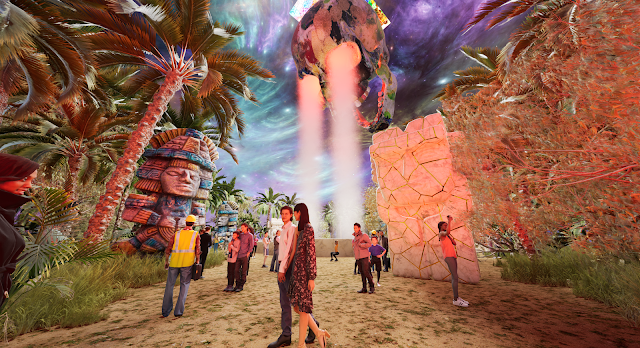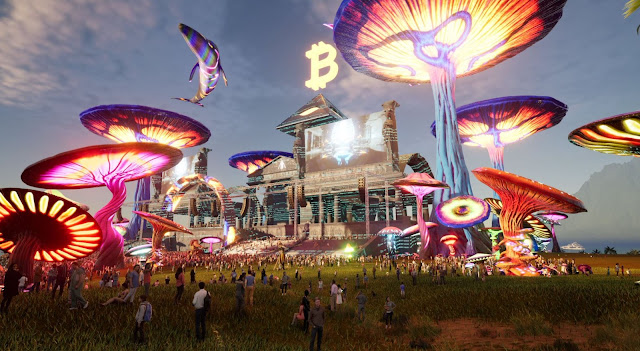What is the Metaverse and How is it Transforming the Internet? A Beginner's Guide to the Metaverse, Web3 and NFTs

Have you heard of the metaverse? It's a buzzword that's been making waves in tech circles lately, but what exactly is it and why should you care? Simply put, the metaverse is a virtual world that exists entirely online. It's a shared space where users can interact with each other and with digital objects and experiences in real time. Think of it like a virtual reality version of the internet, where you can go to work, play games, shop, or socialize with others from the comfort of your own computer or smartphone. But the metaverse is more than just a fancy virtual playground. It's also a new frontier for business and commerce, as more and more companies are looking to tap into the growing market of users spending their time in virtual worlds. This is where web3 and NFTs come in. Web3 refers to the next generation of the internet, which is focused on decentralization and the use of blockchain technology. It allows for more secure and transparent transactions, as well as t


.png)

.png)

.png)

.png)